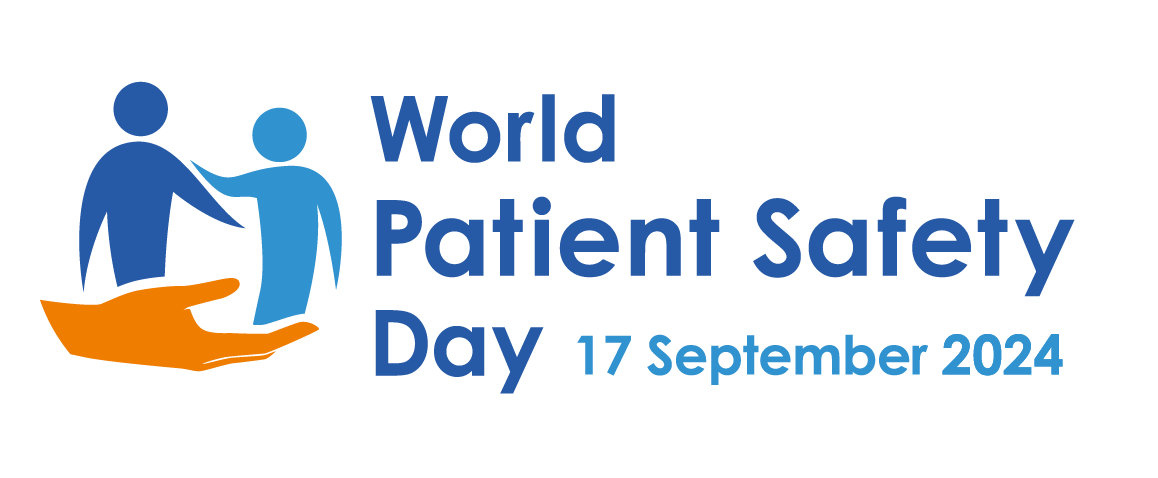Using barcode scanning technology to improve blood group testing in unborn babies

In support of the World Patient Safety Day 2024 theme ‘improving diagnosis for patient safety’, we have published a new blog in partnership with NHS Blood and Transfusion (NHSBT) and Patient Safety Learning, exploring how barcode scanning technology has improved testing for the D blood group in unborn babies. This technology has made the process more efficient, reduced errors and improved patient experience.
The D blood group tests help prevent haemolytic disease of the foetus and newborn (HDFN), a serious condition that can cause anaemia, jaundice, brain damage or, in extreme cases, death.
Traditionally, the test requesting process relied on manual, paper-based systems, which were prone to errors. Mistakes in filling out forms or entering data could lead to delays, incorrect results, and even the need for re-tests, causing stress to expectant mothers.
Recognising the limitations of manual systems, NHSBT has piloted the introduction of barcode scanning technology. This has significantly improved accuracy, efficiency and patient safety, making it possible for test results to be returned to clinicians in as little as three working days instead of 10, and reducing the number of rejected samples, meaning fewer mothers need to provide another blood sample.
You can read the full blog on the Patient Safety Learning website.
